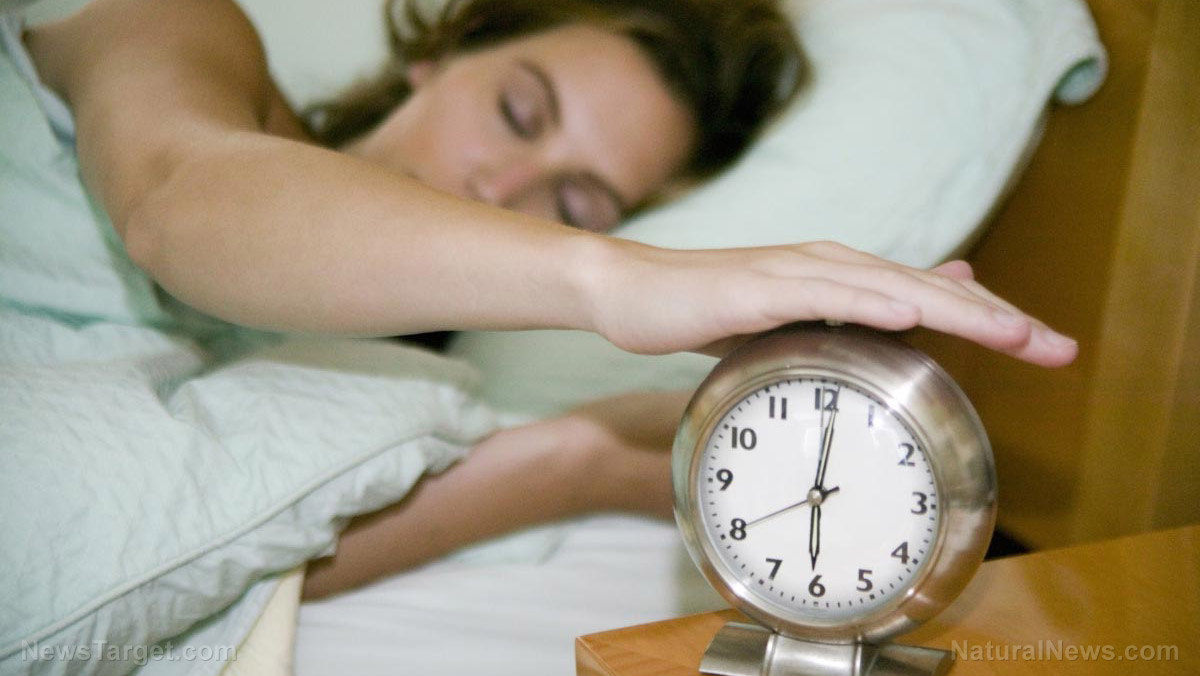Sleep deprivation compromises objective memory performance in women, increases risk of accidents and mistakes
02/22/2018 / By Michelle Simmons

A new study published in the Journal of Sleep Research has found that the effects of lack of sleep on working memory vary depending on gender.
- The researchers of the study from Uppsala University looked at the effects of sleep loss on the working memory of 24 healthy young adults, half of them were men, and the other half were women.
- The participants took part in two experimental conditions: nocturnal sleep, which was scheduled between 10:30 in the evening and 6:30 in the morning next day, and one night of complete sleep loss.
- They were then tasked to accomplish a digital working memory test in which they had to learn and remember eight-digit sequences after each condition. While they were learning, they were accompanied by either silence or an auditory distraction.
- Results revealed that the working memory performance of the young men was not affected by sleep loss.
- On the other hand, the young women recalled fewer digits after sleep loss than after a night of sleep. Although this occurred, they did not notice the decline in their working memory performance. This could result in an increased risk of accidents and mistakes.
- The researchers of the study believe that specific attention should be paid to young women who face difficulties in which they have to manage with both a high working memory load and a lack of sleep.
In conclusion, the study suggests that young women who are sleep-deprived are at risk of working memory decline.
For the full text of the study, go to this link.
Journal Reference:
Rångtell FH, Karamchedu S, Andersson P, Liethof L, Búcaro MO, Lampola L, Schiöth HB, Cedernaes J, Benedict C. A SINGLE NIGHT OF SLEEP LOSS IMPAIRS OBJECTIVE BUT NOT SUBJECTIVE WORKING MEMORY PERFORMANCE IN A SEX-DEPENDENT MANNER. Journal of Sleep Research. 2018. DOI: dx.doi.org/10.1111/jsr.12651
Tagged Under: lack of sleep, memory, sleep deprivation, sleep loss, sleep-deprived young adults, working memory, young adults




















